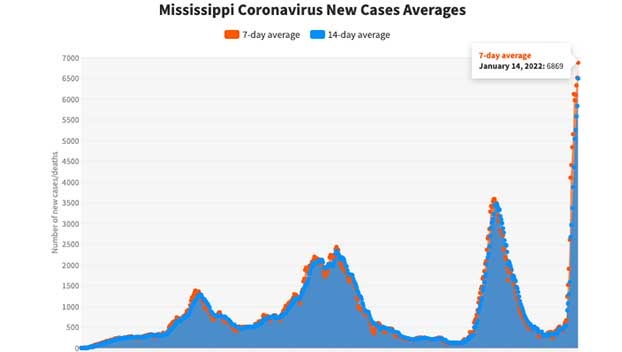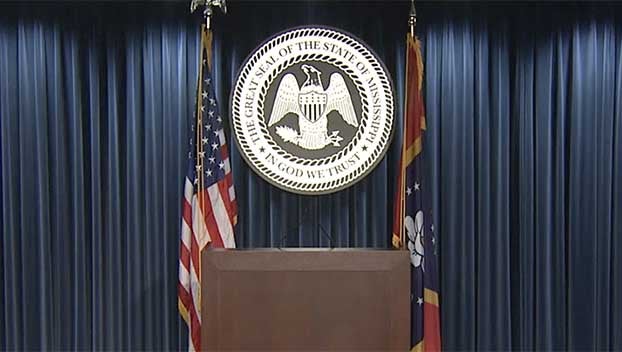Roy Moore's endorsement of American family values before the Civil War disregards the sins of slavery
Published 10:32 am Wednesday, December 13, 2017
By Jim Wiggins
 This is not the column I had planned for today. But then, my plan had not taken account of Judge Roy Moore of Alabama, Republican nominee in the U.S. Senate election to be held on Tuesday. As I write this to meet my Sunday deadline, I don’t know the outcome of that race. As you read this on Wednesday, you do. Regardless of the outcome, his historical “analysis” begs for comment.
This is not the column I had planned for today. But then, my plan had not taken account of Judge Roy Moore of Alabama, Republican nominee in the U.S. Senate election to be held on Tuesday. As I write this to meet my Sunday deadline, I don’t know the outcome of that race. As you read this on Wednesday, you do. Regardless of the outcome, his historical “analysis” begs for comment.
In light of his endorsement of Trump’s slogan, “Make America Great Again,” Moore was asked for his judgment of when it was that America was last “great.” He might have chosen any number of earlier generations. As his ideal for a retro American excellence, though, he identified, above all others, the period before the Civil War, the era of slavery.
“I think it was great,” he said, “at the time when families were united — even though we had slavery — they cared for one another. Our families were strong,…” I realize Moore is not advocating a return to slavery, but hailing the family values of the slavery era while discounting the sins of slavery against those values is a bit like saying that, except for that iceberg, the Titanic had a great voyage.
In chattel slavery, by definition, family ties among the enslaved had no legal standing. Slaves could and did form spousal bonds, but masters did not have to recognize them. Enslaved parents had no legal claim over their own children. Yale’s John Blassingame called this breakup of families “the most brutal aspect of slavery.”
The evidence is that most masters in the U.S. did not forcibly separate members of nuclear families, but according to Blassingame, it was common enough to create “a haunting fear” for all.
How common was it? In the massive internal slave trade that flourished between 1808 and 1860, approximately a million bondsmen were moved, most through sale, from the slave-surplus Upper South to the booming cotton lands of the Lower South.
British historian Michael Tadman calculates that 50 percent of these sales broke up nuclear families, ending marriages or taking children from one or both parents. Over the past fifty years, many other scholars have come to similar conclusions.
Tadman makes clear that the slaveholders generally made these deals “simply for reasons of financial advantage.” However, the antebellum ��professional racist” John Van Evrie (a Yankee, by the way) echoed the opinion of many in his time when he reckoned that the enslaved didn’t mind so much. After all, he said, “The strongest affection the negro nature is capable of feeling is love of his master, his guide, protector, friend, and indeed Providence…”
Words fail.
For Harvard scholar Orlando Patterson, it was this ever-present threat (and often, reality) of individuals being forcibly taken from their homes, community, and families that was the very essence of slavery. The coldblooded consequences of this ever-looming “social death” are undeniable.
Whatever the practice of any individual slaveholder, all masters participated in and profited from a system in which child-napping was permitted. In which child molestation was permitted. In which child rape was permitted. In the master-slave relationship, there was precious little rule of law. The “good” masters proclaimed their innocence, of course, and loudly jabbered about their gentlemanly virtues. But they did so in order to drown out the cries from the motherless children on the neighboring plantation. All while continuing to count their slave-wrung earnings.
“Judge” Roy Moore is a credibly accused child predator who has twice been removed from the Alabama Supreme Court for defying the rule of law. And yet, he singles out the era of slavery as his ideal of American “greatness.” Today, Roy Moore is heading to the Senate or into a well-deserved political oblivion.
Have we reached a new low of political perversion, or is there a ray of hope? You tell me.
Jim Wiggins is a retired Copiah-Lincoln Community College history instructor.





